Tag Archives: Privacy
Consumer Federation Of California Releases 2015 Scorecard For State Lawmakers
The Consumer Federation of California (CFC) has released its 2015 Scorecard for State Legislators, which rates lawmakers on the votes they cast on key issues, including privacy, automobile safety, household toxics, truth in advertising, living wages, reform of the California Public Utilities Commission, and other consumer protection … Read More ›
Paris Attacks Spark Another Fight Against Encryption
by Sean Sposito, San Francisco Chronicle
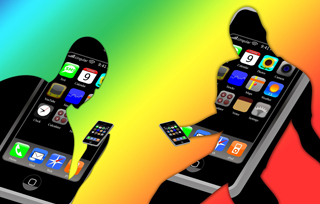
[Encryption “back-doors” for law enforcement] won’t necessarily weaken terrorist organizations’ ability to communicate with each other over the Internet. … But what it could do is make it easier for criminals and terrorists to access our financial, medical and other personal records, said Pam Dixon, the executive director of the World Privacy Forum in San Diego. They might find a way through the back-door as well. “Strong crypto means good security for all of us,” she said. “It means that banks and hospitals can secure financial and other transactions in our digital world.” Read More ›
This Smart TV Takes Tracking To A New Level
by Andrea Peterson, The Washington Post

Vizio, a top television maker, automatically tracks the viewing habits of Smart TV owners and shares that information with advertisers in a way that could connect those preferences to what those customers do on their phones or other mobile devices. … There are laws that limit how companies share information about video watching habits, including the Video Privacy Protection Act (VPPA). However, Vizio says that those laws do not apply to its tracking service because the company associates IP addresses with the data rather than a person’s name or other “personally identifiable information.” Read More ›
California Increases Scrutiny Of Cellphone Surveillance
by Ali Winston, The Center For Investigative Reporting
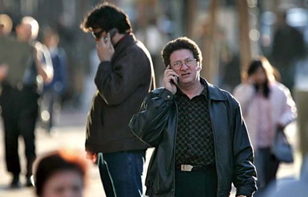
The Electronic Communications Privacy Act means law enforcement will need a search warrant for access to digital records, including data, content, metadata and geolocation information stored on a device or server. The law also calls for warrants to search electronic devices, a requirement previously affirmed by the U.S. Supreme Court in a 2014 decision. … The other recently passed law requires local government agencies to notify the public when law enforcement seeks to acquire a cell-site simulator to track transmissions and the location of individual mobile devices. Privacy policies also must be published before such devices can be used. Read More ›
California Now Has The Nation’s Best Digital Privacy Law
by Staff, Wired magazine

[CFC-backed SB 178] enjoyed widespread support among civil libertarians like the American Civil Liberties Union and the Electronic Frontier Foundation. … California has long led the way in privacy protection. Voters amended the state constitution in the 1970s to provide explicit privacy rights far more robust than those guaranteed by the Fourth Amendment of the US Constitution. But while the state amendment ensured a right to privacy for all Californians, lawmakers couldn’t envision the technological advances that would come in the decades to follow. Read More ›
Comcast Must Pay $33M To Settle Charges It Listed 75,000 Unlisted Phone Numbers
by Ashlee Kieler, Consumerist
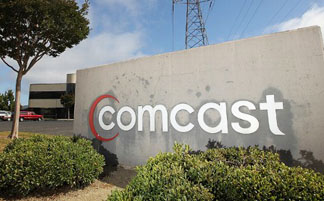
The problem arose after Comcast implemented a new process for producing and disseminating listing information for its residential phone customers in late 2009. Under the system, Comcast sent non-published listings to a third-party company, while placing a “privacy flag” on the non-published listings. However, the flag was never attached to approximately 75,000 non-published/non-listed subscribers. As a result, that information – for which customers paid between $1.25 and $1.50 per month to keep unlisted – appeared in certain county phone books for the years of 2010 and 2011.
The issue came to light in 2012 … Read More ›
Judge: Cellphone Tracking Requires A Warrant
by Ross Todd, The Recorder
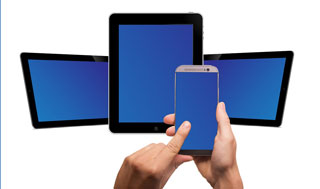
“Cellphone users do not expect that law enforcement will be able to track their movements 24/7 for a sixty-day period simply because the users keep their cellphones turned on,” [U.S. District Judge Lucy Koh of the Northern District of California] wrote in a 46-page order issued Wednesday night. … “This is a welcome ruling that will provide clarity for the government and important privacy protections for the public,” [Linda Lye, a senior staff attorney at the ACLU Foundation of Northern California,] said. “Going forward, we should expect the government to seek a warrant for this information.” Read More ›
UCLA Health System Data Breach Affects 4.5 Million Patients
by Chad Terhune, Los Angeles Times
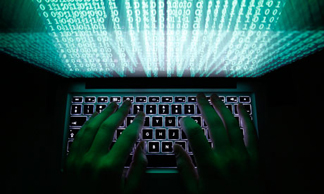
This cyberattack at UCLA comes on the heels of a major breach of federal employee records and a massive hack at health insurance giant Anthem Inc. affecting 80 million Americans this year. The intrusion is raising fresh questions about the ability of hospitals, health insurers and other medical providers to safeguard the vast troves of electronic medical records and other sensitive data they are stockpiling. The revelation that UCLA hadn’t taken the basic step of encrypting this patient data drew swift criticism from security experts and patient advocates. Read More ›
Uber Data Collection Changes Should Be Barred, Privacy Group Urges
by Natasha Singer and Mike Isaac, The New York Times
A leading privacy rights group wants the Federal Trade Commission to prohibit Uber from instituting changes to its privacy policy that the group says will allow the ride-hailing app to collect more detailed data about customers’ whereabouts and use their contact lists to send their friends promotional pitches. … Uber’s reputation is still recovering from public censure last year after allegations surfaced that company employees had mishandled trip data about individual consumers to track their locations, and inappropriately shared an internal tool — colloquially known as “God view” — that showed users taking trips in real time. Read More ›
California Senate OKs Requiring Warrants To Search Smartphones, Tablets
by Patrick McGreevy, Los Angeles Times

“What the bill does is brings our state statute into the 21st century to catch up with technology with regards to privacy,” [bill author Senator Mark] Leno told his colleagues. “Of course law enforcement needs a warrant before it can go into your mailbox and read your mail, but it does not currently need a warrant to read your emails or text communications or other electronic communications.” … Leno introduced a similar bill two years ago but it was vetoed by Gov. Jerry Brown. Read More ›
70 Million Americans Report Stolen Data
by Donna Tapellini, Consumer Reports
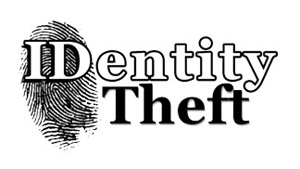
While some of those incidents may have resulted from stolen credit cards or other crimes, many stemmed from data breaches. And, as a slew of widely reported breaches last year showed, not only online shoppers are at risk. According to Consumer Reports’s survey, 79% of those notified of a data breach were told by a brick-and-mortar store or a financial institution. Just eighteen percent said the problem originated with an online retailer. Read More ›
Bill Would Let Companies Secretly Record Some Phone Calls
by Kathleen Pender, San Francisco Chronicle

A bill that would let companies secretly record phone calls with current or former customers for up to 20 seconds was approved by the Assembly Committee on Public Safety Tuesday. … The mockup of the bill that was passed, however, does not say that companies could only record nonconfidential information in the first 20 seconds without consent. [Consumer Federation of California Executive Director Richard] Holober sees no reason companies ever need to secretly record anything. A caller needing a 20-second preamble could simply identify himself or herself, state the nature of the call, request permission to record and then start the recording, he said. Read More ›
Firms Could Record Some Phone Calls Without Consent Under California Bill
by Sharon Bernstein, Reuters
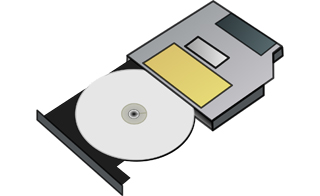
The bill was opposed by numerous advocates for consumers and seniors, including the Consumer Federation of California and the American Civil Liberties Union. “At a time when consumers are more and more concerned about businesses invading their privacy, it is wrong to be considering rolling back an important privacy law,” said Richard Holober, executive director of the Consumer Federation of California, testifying against the bill on Tuesday. Read More ›